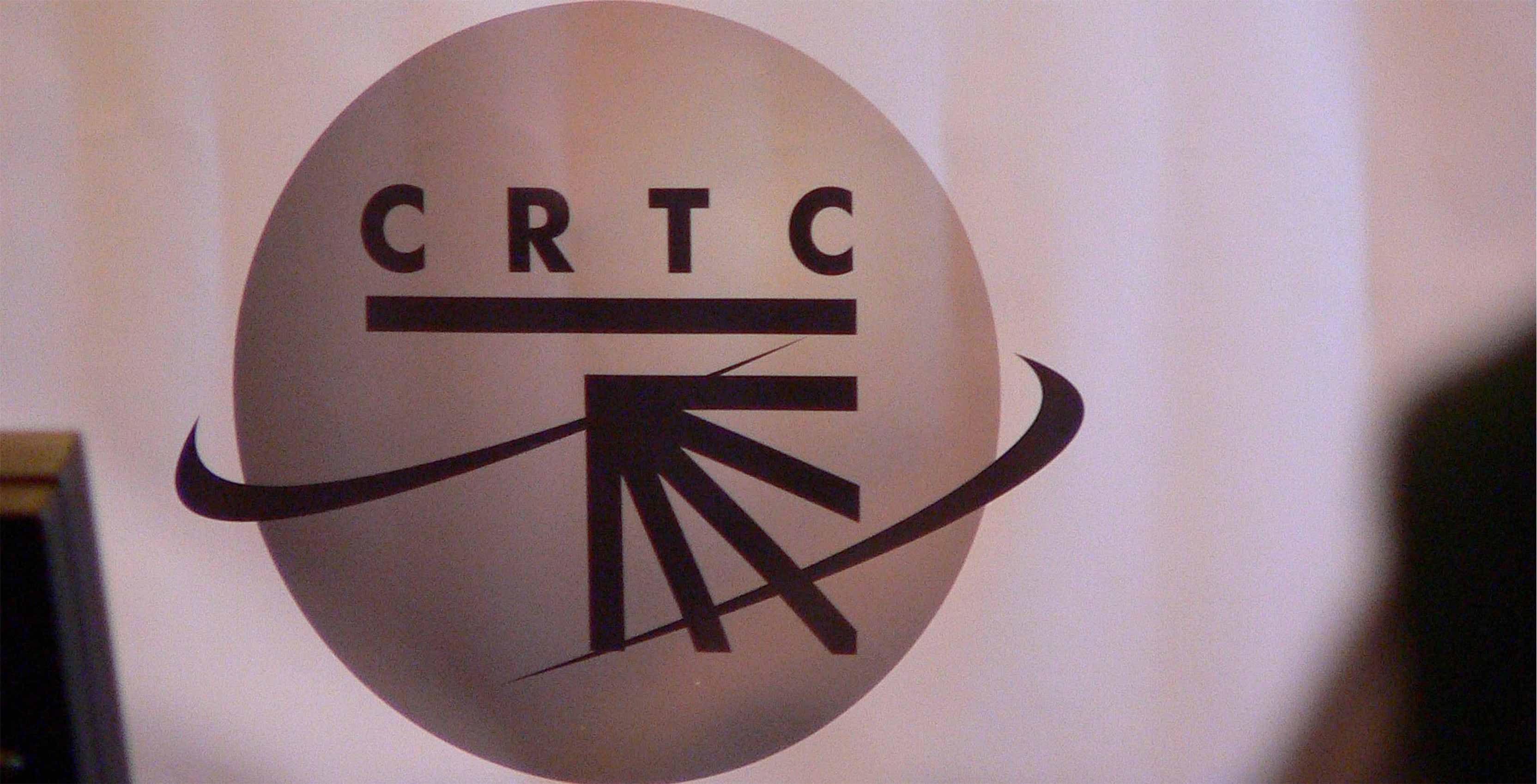
Canada’s telecom regulator is doubling down on its fight against spam callers.
The Canadian Radio-television and Communications Commission (CRTC) plans to launch a proceeding to examine the development of technical solutions to both prevent spoofing of caller ID information, as well as trace and identify the source of nuisance calls. It’s also considering adding new regulatory measures.
This comes on the heels of a similarly-themed proceeding, which found that Canadians did not have enough access to technical solutions that would protect them from getting spam calls. In that decision, the commission ordered carriers to block “blatantly illegitimate” nuisance calls at the network level and requested that they report on what opt-in filtering systems they offer or propose to offer within 180 days.
But those measures weren’t enough for the CRTC. In this new proceeding, the Commission states that “in light of significant developments following the close of the record of that proceeding, the Commission stated in that decision its intention to initiate a follow-up proceeding to consider further measures intended to mitigate caller identification (ID) spoofing.”
The CRTC is specifically requesting ideas to authenticate caller ID for wireline, wireless or VOIP networks, mechanisms for identifying call sources and their implementation and regulatory measures that could be established to give Canadians confidence in the caller information displayed.
The Commission also notes that the proceeding may result in requirements that affect all carriers, regardless of whether or not they intervene in the proceeding with a comment previous to the February 8th deadline.
In November, the CRTC took another action towards fighting robocalls and spoofing by signing an agreement with the FCC in the United States to share knowledge regarding the issue. Canadians who are receiving many spam calls can currently enter their number into the National Do Not Call List.
[source]CRTC[/source]
MobileSyrup may earn a commission from purchases made via our links, which helps fund the journalism we provide free on our website. These links do not influence our editorial content. Support us here.


